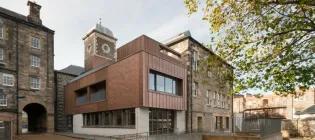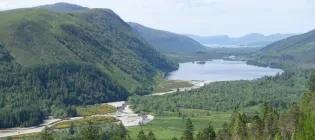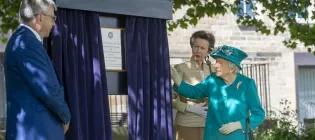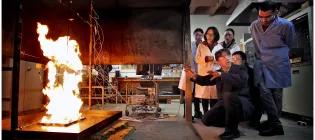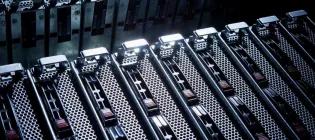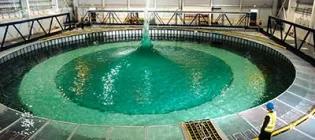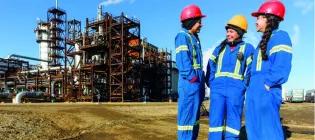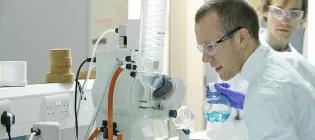Climate and Sustainability at the College of Science & Engineering
The pressures of environmental change give us new responsibilities as scientists, mathematicians and engineers. The links from this page take you to examples of the huge effort underway in the College to tackle the emerging problems and to understand how our environment interacts with us. We hope this will stimulate you to deepen your understanding of what’s possible and, perhaps, to join us in making a positive change to our relationship with our planet.
Climate
The Science for Sustainability Hub
The Science for Sustainability Hub spans disciplinary boundaries and nucleates activity across research, industry, government and civil society to pioneer technological solutions and build a new vision for an equitable, inclusive and sustainable future for people and the planet.

Through teaching programmes, research and collaboration with businesses and administrators, CFI will co-create a powerful network of experts who can tackle issues from different and unconventional perspectives, gathering many hands to solve the problems arising from the complexity of infrastructure systems.
Oceans
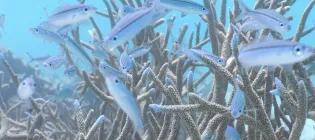
In 2020 St Abbs Marine Station signed a five-year partnership with the University of Edinburgh to ensure more sustainable use of the seas and marine ecosystems. As partners, we will address a range of scientific and societal challenges and enhance interdisciplinary marine research, teaching and innovation.
Between 2016 and 2020 the ATLAS project worked across the North Atlantic to improve our understanding of complex deep-sea ecosystems in a changing ocean. Watch Professor Murray Roberts' talk on 'understanding deep-sea ecosystems at ocean basin scale'.
Energy
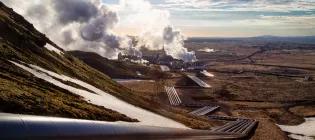
The Institute for Energy Systems, is one of seven multi-disciplinary research institutes within the School of Engineering at the University of Edinburgh. Led by Professor Vengatesan Venugopal there are seven integrated research areas involving 26 academic staff, 28 research staff and around 70 postgraduate students.
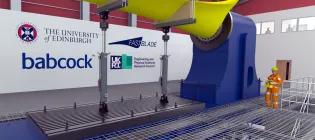
FASTBLADE is an industry-academic partnership between Babcock International Group (Babcock) and the University to build a 75-tonne structural reaction frame. Launched in May 2022, it is initially being used for lifetime fatigue testing of renewable energy tidal turbine blades, using pioneering technology which will be the first of its kind in the world.
Education
Education and training
From free short online courses to degrees, we have a wide variety of options if you are looking to study in the area of climate and sustainability:
Full list of our sustainability-related university programmes
Climate Solutions short course
Learning for a Sustainable Future short course
Climate Change: Carbon Capture and Storage short course
Observing Earth from Space short course
Nitrogen: A Global Challenge (English) short course
Impact

How downplaying green benefits could boost plant-based meat
Plant-based meat sales are stagnating. To get it on more plates - and take pressure off the environment - does it need a rebrand that ignores its eco-friendly credentials?
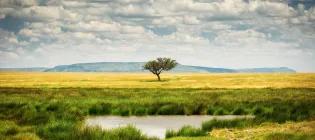
How a basic conservation income won’t cost the Earth
Giving money unconditionally to people living in conservation areas like the Amazon rainforest might cost trillions, but it could still be a shrewd investment.
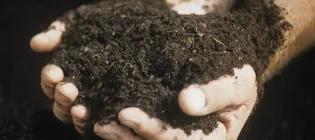
How soils changed life on Earth
Soil has only existed for less than 10% of our planet’s history and around 500 million years ago, it was key to making the Earth habitable.

Calling time on greenwashing
If international standards for measuring greenhouse gas emissions are flawed, what does this mean for companies and institutions trying to reduce their footprint?
Further Information and Links
This article was published on


